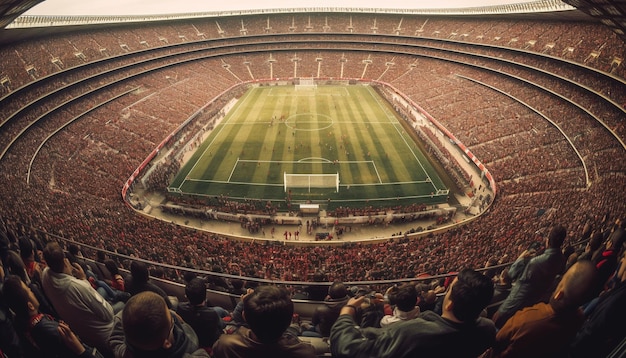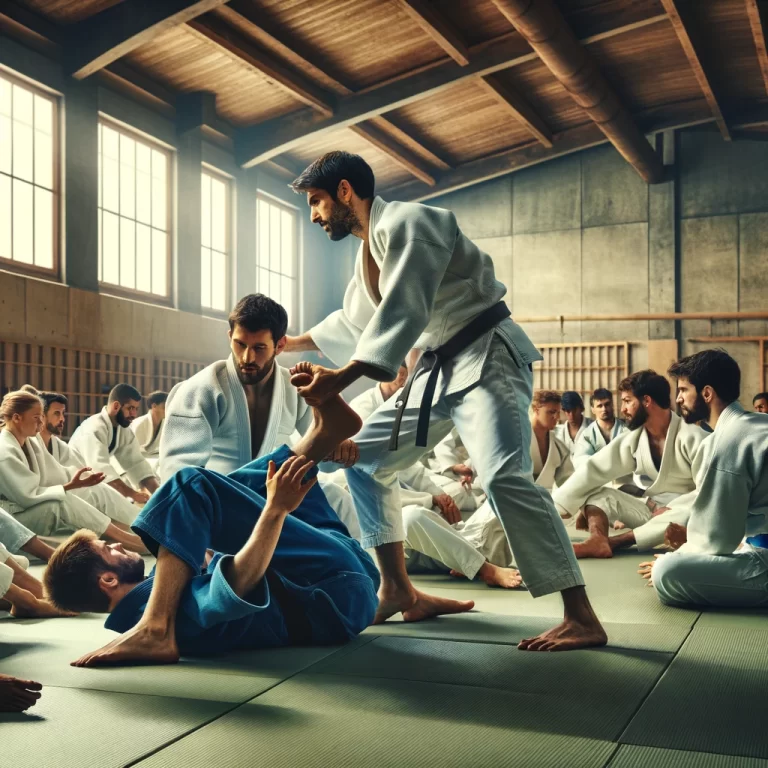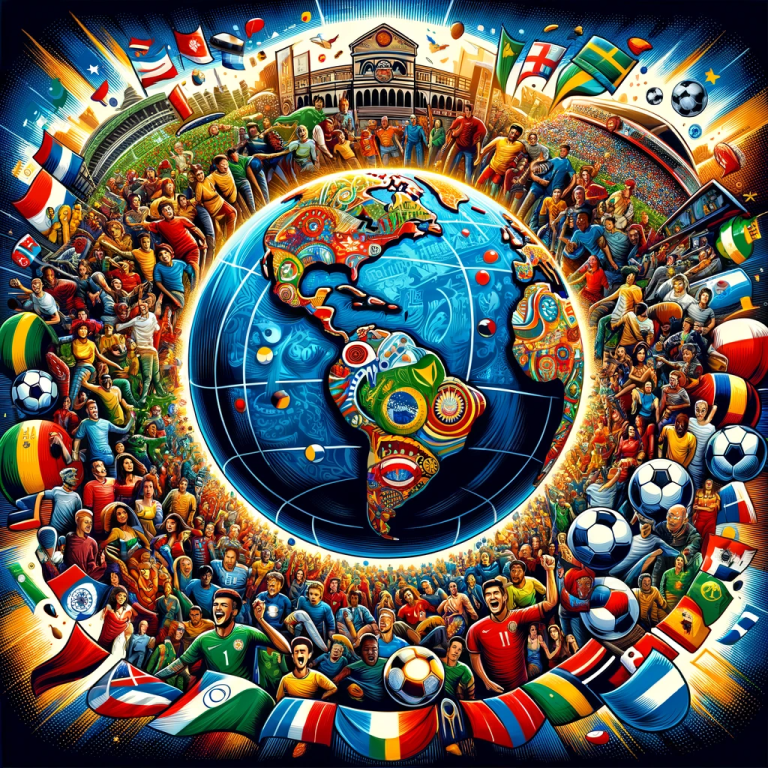The incredible History of Football
The history of Soccer” sounds like a fascinating title for a book or documentary that would explore the journey and evolution of soccer over the years. This title suggests a detailed and possibly exciting look at how the sport became one of the most popular and loved sports in the entire world.
highlighting iconic moments, rule changes, technical advancements, and the personal stories of legendary players. It would be a work rich in historical details and in-depth analyzes of how football influences and is influenced by different cultures around the globe.
From its humble beginnings in the medieval villages of England to modern mega-stadiums spread across the world, football has always had a strong presence in global culture. This article delves into the fascinating trajectory of this sport and explores how it grew into an international passion.
browse the content

Origins and Evolution
The game we know today as football started very differently from the organized sport of today. At that time, it was common for villagers to kick a ball through the streets, trying to reach a specific point in the rival village. These games were often chaotic and without clear rules.
In the 19th century, public schools in England began to formalize rules in an attempt to control the excessive violence of traditional games. In 1863, the Football Association was founded in London, establishing a unified set of rules for the sport. This moment was crucial, as it marked the transition from football to a structured game, with consistent rules.
Sustainability in Sport
Sustainability is another critical topic for the future of football. With the environmental impact of major sporting events under increasing scrutiny, organizers are looking for ways to make tournaments greener. This includes everything from building eco-efficient stadiums to implementing zero waste policies, aiming to minimize the carbon footprint of each event.
Global Diffusion
The expansion of the British Empire played an essential role in the spread of football around the world. Traders, sailors and soldiers took the sport to other continents, where it quickly took root in local cultures. In South America, for example, countries like Brazil and Argentina embraced the sport with fervor, eventually developing unique playing styles that would make them stand out in international competitions.
ICultural and Social Impact
Football is not just a game; It is a cultural phenomenon that reflects and influences societies. In many countries, it plays a vital role in national identity and social relations. Major tournaments such as the World Cup clearly demonstrate this, uniting people from different backgrounds in support of their national team.
Furthermore, football has been a powerful tool for social change. Initiatives around the world use sport to promote social integration, education and development in underserved communities. Prominent players often use their influence to draw attention to important causes, from fighting racism to supporting education and healthcare programs.
Conclusion
Football's trajectory from ragtag games to becoming a globally revered sport is a testament to its ability to connect and inspire people from all walks of life. The title “Bola no Pé” is not just a reference to a sport, but a symbol of how a simple ball can transcend borders and unite the world in ways that few other phenomena can.
Another important aspect of the future of football is the growing emphasis on inclusion and diversity. There is constant and necessary pressure for football to be more inclusive, both in terms of gender and accessibility.
The growth of women's football is a positive example of this trend. Tournaments like the Women's World Cup have gained more visibility and investment, reflecting a gradual but significant shift in perception and support for women's football around the world.
Furthermore, campaigns against racism and discrimination continue to be vital to promoting equality on and off the field. Effective actions against these problems are crucial to ensuring that football remains a space of unity and respect.







